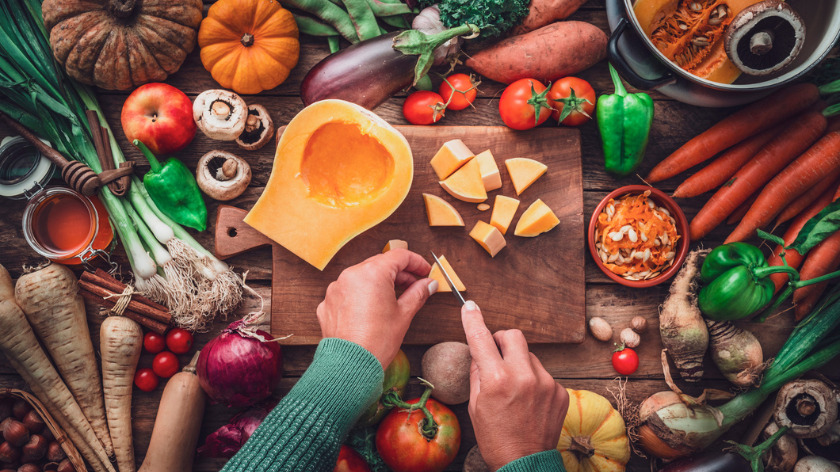The Food and Agriculture Organization of the United Nations appointed October 16 as World Food Day. This year’s theme is Water is life; water is food. Leave no one behind. Did you know that only 2.5% of the water on earth is freshwater, suitable for drinking and agriculture? Agriculture accounts for 72% of freshwater consumption. The food we eat is intrinsically linked to freshwater and our ability to manage this resource.
Water accessibility is declining at a rapid pace due to poor use, over-extraction of groundwater, and pollution. Today, 2.4 billion people live in water-strained countries. Among the hardest hit are farmers, women, and refugees. So, how can we help?
While policy changes at the government level are arguably the most effective and sought-after, change can take time. It’s important to consider what we can do in our own lives to preserve this precious resource.
- Reduce waste: reducing your food waste is one of the simplest ways you can help the planet and your wallet! Remember only to purchase what you need; a shopping list makes planning easier. Try purchasing frozen/canned products that last longer than fresh produce but are just as nutritious. Save and enjoy your leftovers or compost them to keep food out of landfills.
- Buy “Ugly”: produce that isn’t considered perfect will be thrown away. Imagine throwing away a perfectly good vegetable because its shape is wonky. Thankfully, several organizations recognized this practice is wasteful and now offer “ugly” or “imperfect” produce boxes and other products. One of my personal favorites is the Uglies potato chips; they use potatoes that have been rejected for being too small, brown, or slightly blemished. They’ve saved 18 million pounds of potatoes from the landfill since 2017.
- Eat Local and Seasonal: buying local and seasonal products helps to reduce pollution caused by transporting food long distances. It also supports the local economy. There’s also an argument to be made for quality and taste. Local and seasonal foods picked fresh are going to taste better than something picked weeks ago and shipped hundreds if not thousands of miles.
- Shop Green: fast fashion plays a critical role in water misuse. Natural organic fibers like cotton, wool, silk, and linen have lower energy production processes compared to synthetic materials like polyester and nylon. When washed, materials like polyester shed tiny pieces of plastic, which make their way into our water and food. Consider purchasing secondhand clothing, hosting a clothing exchange with your friends, or mending clothing whenever possible. When you purchase something new, try to purchase organic fibers and avoid synthetic materials.
For more resources on World Food Day and how you can participate, check out https://www.fao.org/world-food-day/take-action/en








